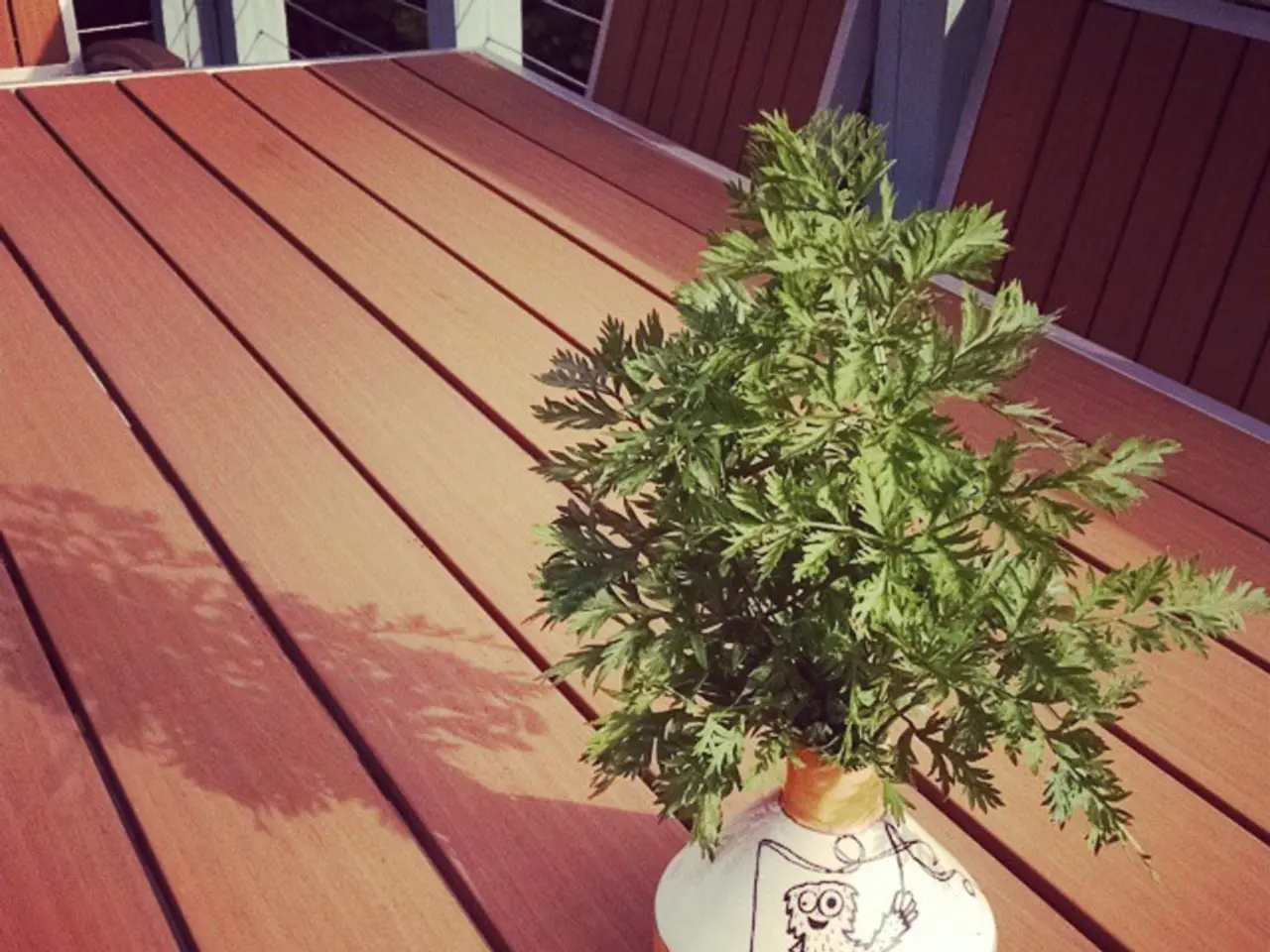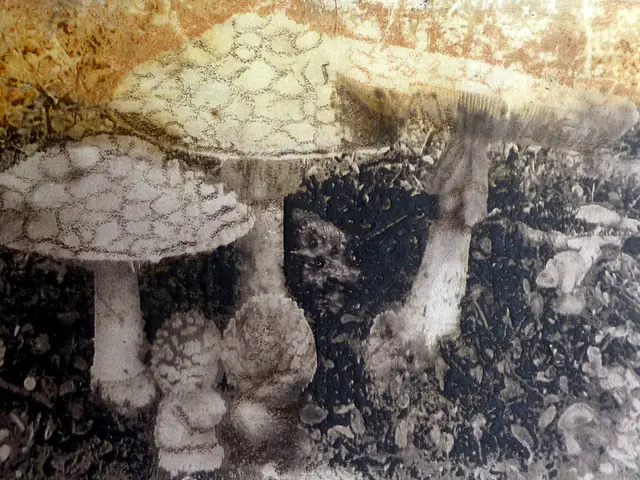Harmful Habits Potentially Harming Your Garden Plants
In the world of gardening, both indoors and outdoors, it's easy to make mistakes that can lead to the demise of our beloved plants. Here, we delve into the common reasons for houseplants to wither and provide advice on how to avoid these pitfalls, ensuring your plants remain healthy and thriving.
One of the most prevalent issues is underwatering, which can cause wilting. Many plants rely on water pressure in their cells to maintain their structure. When they lose more water through transpiration than they absorb due to insufficient watering or dry conditions, they wilt. Wilting is often a sign the plant is thirsty and can usually recover quickly after watering, but prolonged dehydration can be fatal.
On the flip side, overwatering can lead to root rot, one of the most common causes of houseplant death. Excess water creates oxygen-poor conditions around roots, causing suffocation. To prevent this, ensure your pots have drainage and avoid standing water in the soil.
Humidity levels also play a crucial role in plant health. Both too low and too high humidity can stunt growth. Low humidity makes it hard for plants to maintain water balance, while excessive humidity favours pests like fungus gnats and mealybugs, which thrive in warm, moist environments. Controlling humidity levels appropriate to the plant species is key.
Pests are another common problem. Fungus gnats and mealybugs often indicate overwatering or improper humidity. Regular monitoring and treating infestations promptly with suitable pesticides like neem oil help protect plants.
Chemical injury is another potential issue. Improper use or accidental application of pesticides, herbicides, or other chemicals can harm plants. Drift from pesticide spraying and spills of toxic substances also cause damage. Following label instructions carefully and avoiding contamination is essential.
Disease can also be a cause for concern. Some fungal, bacterial, or viral diseases cause wilting and discoloration. If a wilting plant doesn't improve after watering, disease might be the cause, requiring specific treatment or removal of infected material.
To keep houseplants thriving, follow these care tips:
1. Water appropriately, avoiding both drought stress and overwatering; make sure pots have drainage. 2. Maintain suitable humidity for your plant species, using humidifiers or dry air solutions as needed. 3. Monitor regularly for signs of pests and diseases, treating promptly when detected. 4. Avoid chemical exposure and carefully follow pesticide instructions if used. 5. Provide adequate light and proper soil conditions tailored to the plant’s needs.
By understanding these common issues and consistently providing balanced care, you can prevent most common mistakes and keep your houseplants healthy and thriving. Stay tuned for more uncommon plant information in future articles.
- Utilize organic fertilizers to supplement nutrients in the soil, fostering growth and maintaining plant health.
- Incorporate accessories such as pebbles and decorative elements to beautify your home-and-garden lifestyle while ensuring proper drainage.
- Consider vertical gardening for space-saving solutions, including balcony gardens, to optimize limited outdoor areas.
- Visit your local nursery to explore a variety of plants, seeds, and gardening tools, expanding your succulent collection and advancing your gardening journey.





